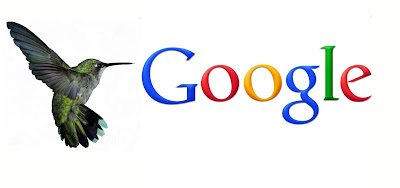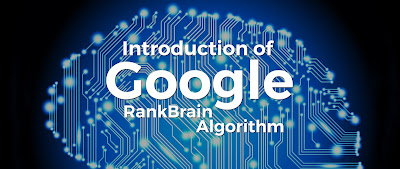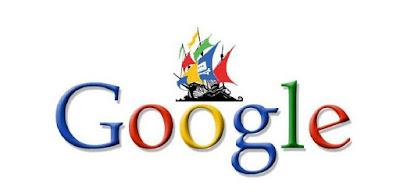History & Revolution of SEO. From the beginning of google, searched results can take more than 24 hours to get it in the email ID. After that google was developed to give a quick result. But it was not a success. Because on that time google was not able to crawl any websites. The reasons are, heavy usage of Animations, Images and also the size of websites etc. Google was not able to control these things. Because only the webmasters can control the websites. Then google was decided to give more information about SEO to the webmasters. Now the results of that, google is the most popular search engine in the world.
Search Engine Optimization or SEO is a process of keep changing the position of a webpage or website in search engine results by using keywords or phrases. Number of sites on the Web increased in the 90s, search engines started appearing to help people find information quickly. On that time Yahoo & Rediff was the most popular sites in the world.
In SEO including Keyword search, Image search and video search etc. Now SEO became a very popular way to generating business leads and increasing sales, through SEO and Internet Marketing. Main motive of, Search Engine Optimization is creating Good content and natural link building. Website should be design according Google SEO guidelines. Good site structure and rich content may be very helpful to getting our seo goals.
Two Types of Search Engine Optimization are :
1. On Page Optimization
2. Off Page Optimization
On-Page Optimization Basic Functionalities :
1. Crawling
Crawling is to find and organise information on the web in what is billions and billions of pages, a search engine deploys software typically referred to as a spider (or a crawler or a bot).2. Catching
Catching is the process of catch copy of google and saved to database.3. Indexing
Search engines then store the information it collects into its index.When a search query is entered, a search engine digs into its index for pages matching the user’s search query, then sorts and displays the most relevant results to the user. The order in which the pages are displayed are calculated by search engine algorithms, taking into account hundreds of ranking factors. Each page is then given a ranking score. In order to rank highly on the search engines, your site needs to score higher than all the other sites that are eligible to show up for a relevant search query.
Google is very strict on sites that try to manipulate their rankings and if you’re caught doing so, site will get penalised and removed.





















No comments:
Post a Comment